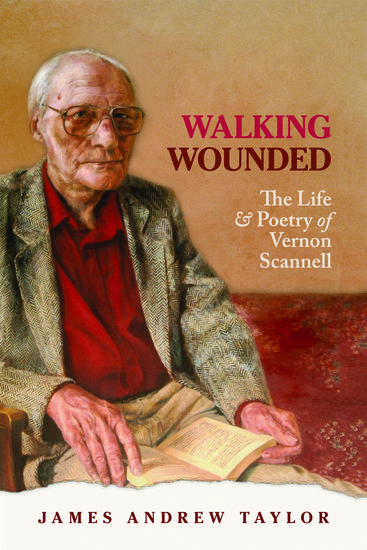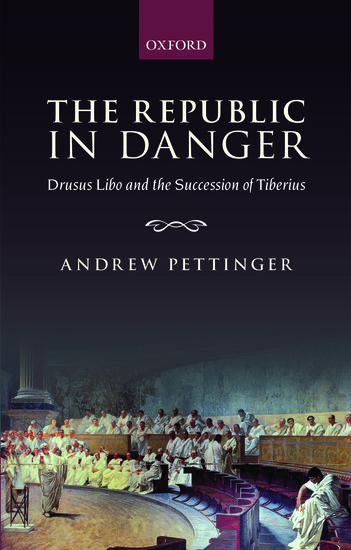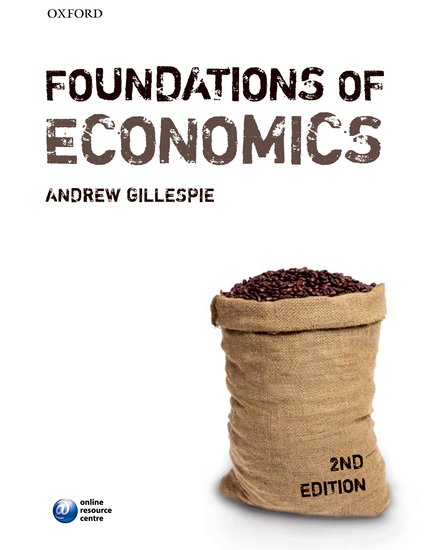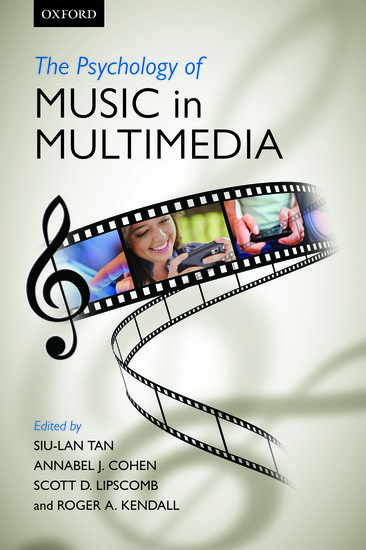Vernon Scannell: War poetry and PTSD
By James Andrew Taylor
the more I read about his life after the war – the monumental drinking binges, the black-outs, the terrifying, sweating nightmares, and most of all the raging, unreasonable jealousies and the sickening violence that he meted out to his wife and, later, his lovers – the more I began to wonder whether this was not also the story of a man seriously damaged by his wartime experiences.









